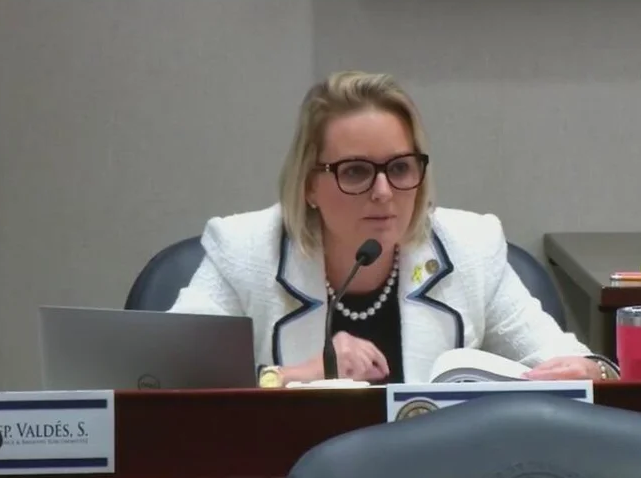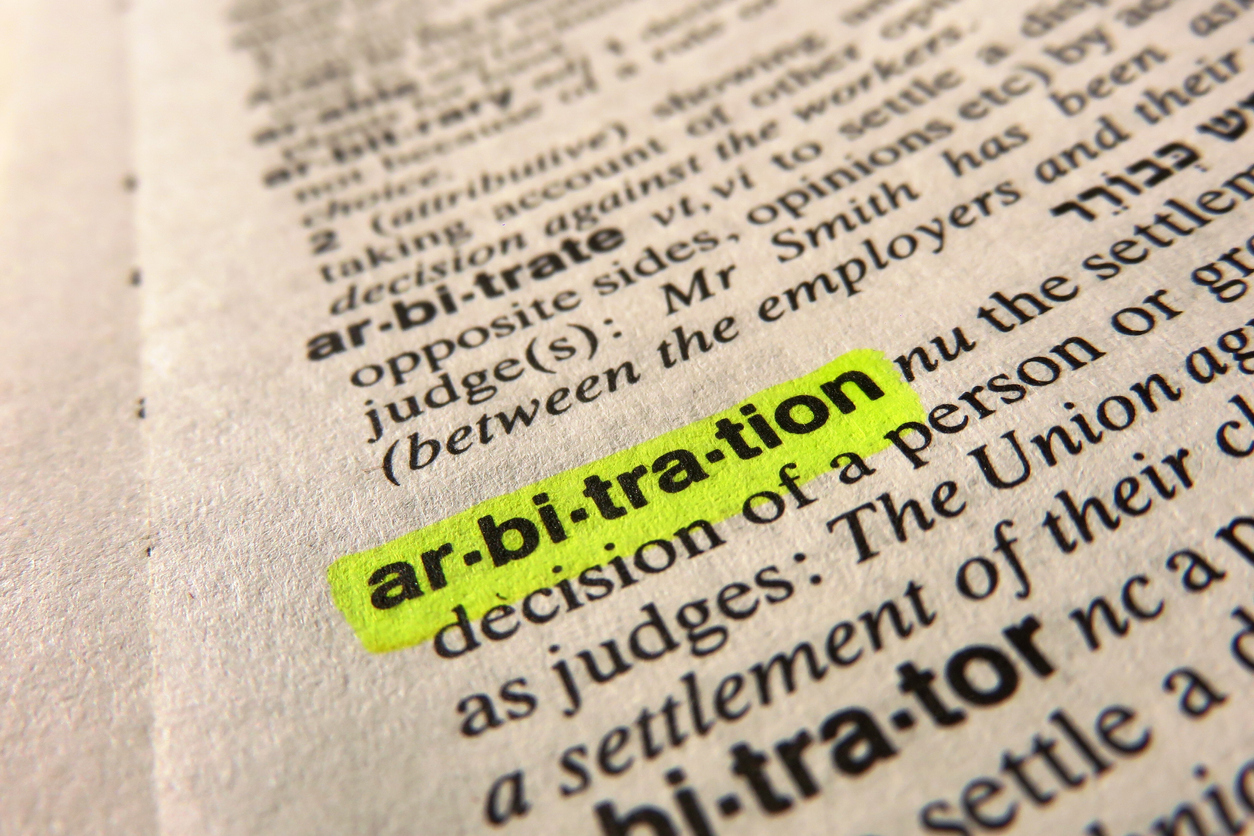Surplus insurers in Florida, a/k/a “non-admitted” insurers, have traditionally been exempted from certain regulatory schemes applicable to traditional “admitted” insurers. This was done to persuade these non-admitted carriers to continue to write insurance on risks not as attractive to the admitted carriers. As pointed out by Dick Tutwiler in his comment to my November 1, 2010, post, Eligibility Requirements for Florida Surplus Lines Insurance Carriers, two 2008 court decisions threatened the stability of the surplus lines insurance market in Florida.
In Essex Insurance v. Zota, 985 So.2d 1036 (Fla. 2008), the Florida Supreme Court held that surplus lines insurers must comply with all of the insurance code (Florida Statute Chapter 627) applicable to admitted carriers with the exception of Part I only. Part I of Chapter 627 deals with rates, and the Florida Supreme Court exempted surplus carriers from the requirement that they file their rates for approval with the Office of Insurance Regulation (“OIR”). In CNL Hotels & Resorts, Inc. v. Twin City Fire Insurance Company, 2008 WL 3823898 (11th Cir. 2008), the Eleventh Circuit Court of Appeals held that the portion of Chapter 627 requiring filing and approval of insurance forms applied to surplus carriers.
The stability of the surplus market was threatened by these cases since it left uncertainty about the applicability of Chapter 627 to surplus insurers. Policyholder and insurance representatives debated the applicability of value policy law, replacement cost coverage and the “insurer accountability act,” (627.70131) requiring payment or denial within ninety days, to the surplus lines insurers.
The response was the Florida Legislature’s passage of House Bill 853. Part of that bill, enacted into law as Florida Statute 626.913(4), states that Chapter 627 does not apply to Florida Surplus Lines Insurers unless Chapter 627 contains a specific provision stating it is intended to apply to Surplus Insurers.
One tenet that was commonly understood and seems to have carried through this time of uncertainty regarding surplus carriers is the fact that they are not required to file their rates with the OIR for approval. Florida Statute 626.924(2) states:
Surplus lines policies issued on or after October 1, 2009, shall have stamped or printed on the face of the policy in at least 14-point, boldface type, the following statement: SURPLUS LINES INSURERS’ POLICY RATES AND FORMS ARE NOT APPROVED BY ANY FLORIDA REGULATORY AGENCY.
The Florida Legislature has required the surplus carriers to stamp this on the face of their policies so the policyholder is aware. Consequently, surplus carriers’ forms may be quite different from those in the admitted market, which are approved by the OIR and regulated by Chapter 627. Additionally, Florida Statute 626.924(1) requires surplus carriers to contain a statement on the face of their policy that policyholders insured by surplus carriers in Florida do not have the protection of the Florida Insurance Guaranty Act (“FIGA”). The FIGA Act gives policyholders the benefit of claims payments from the state government — under certain eligibility requirements — should an admitted insurer become insolvent and be unable to pay claims.
These are a few more of the distinctions between the Florida Surplus Lines Law and Chapter 627 of the Florida Statutes. If you have questions or would like more discussion on this topic, please leave a comment or contact me directly.




